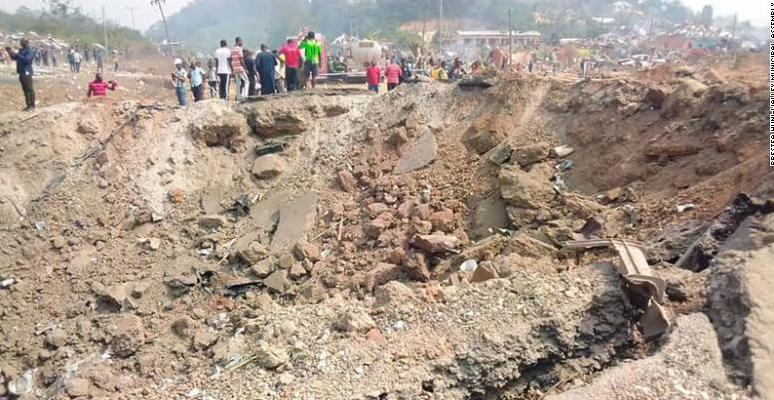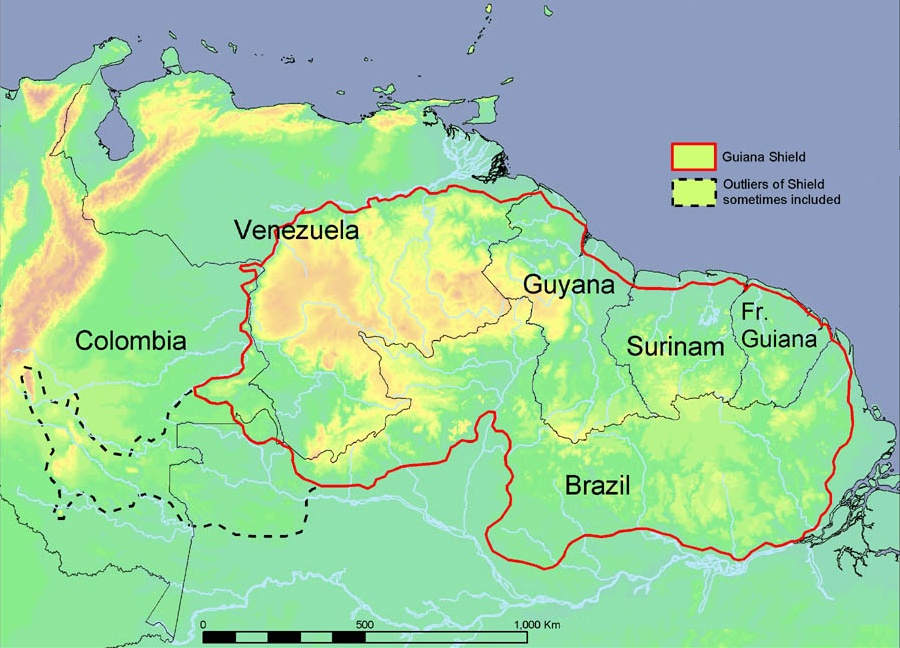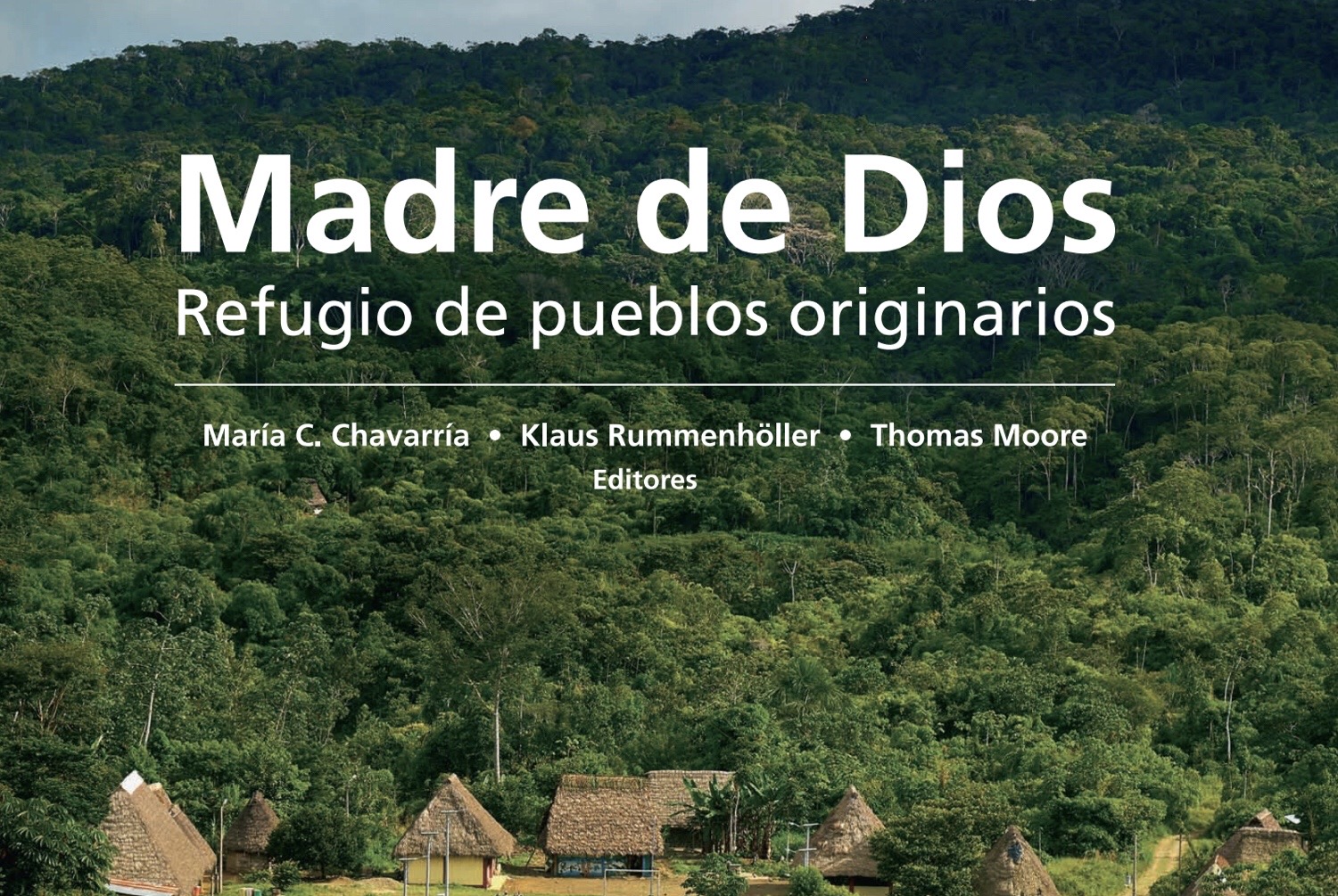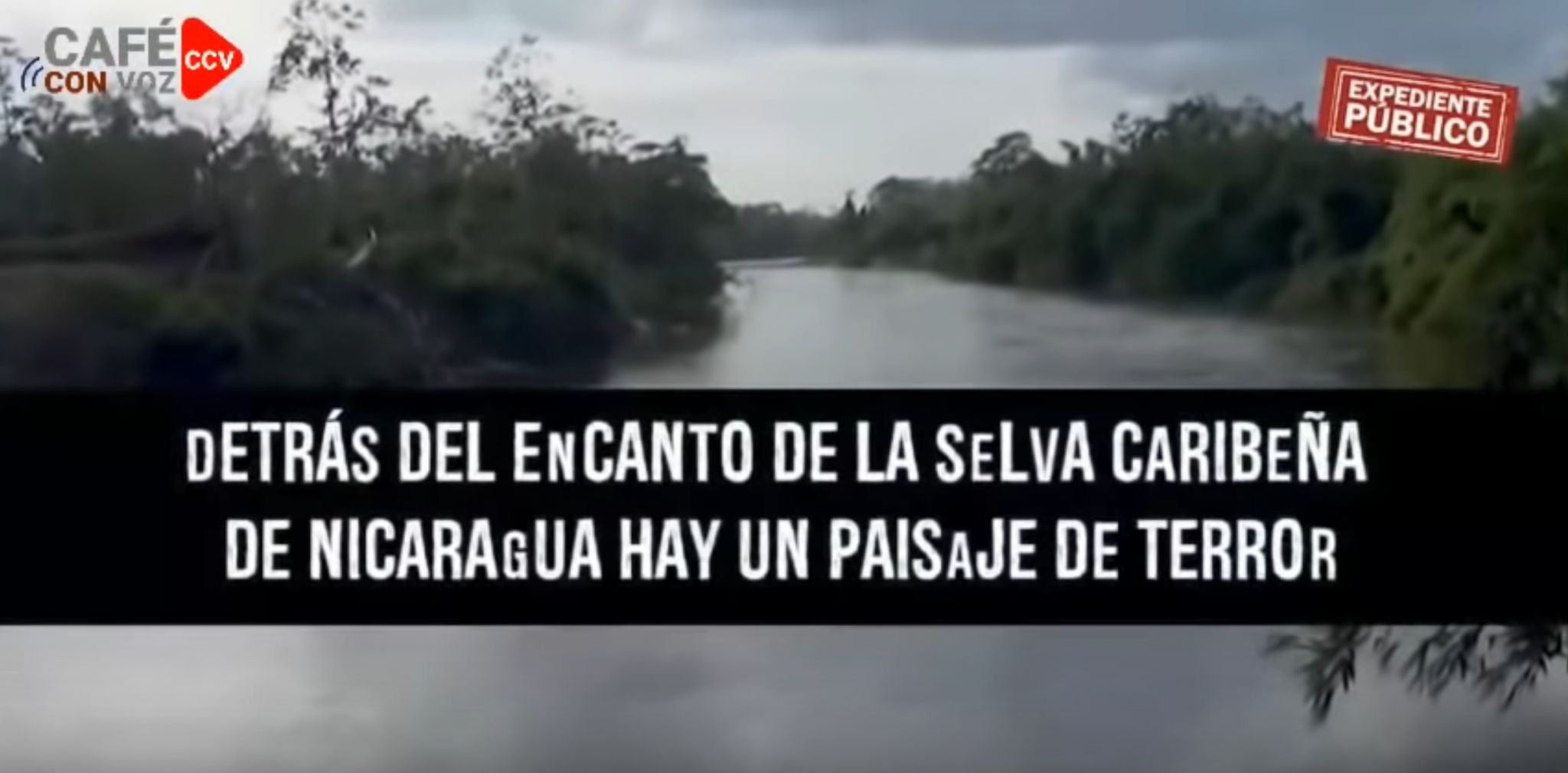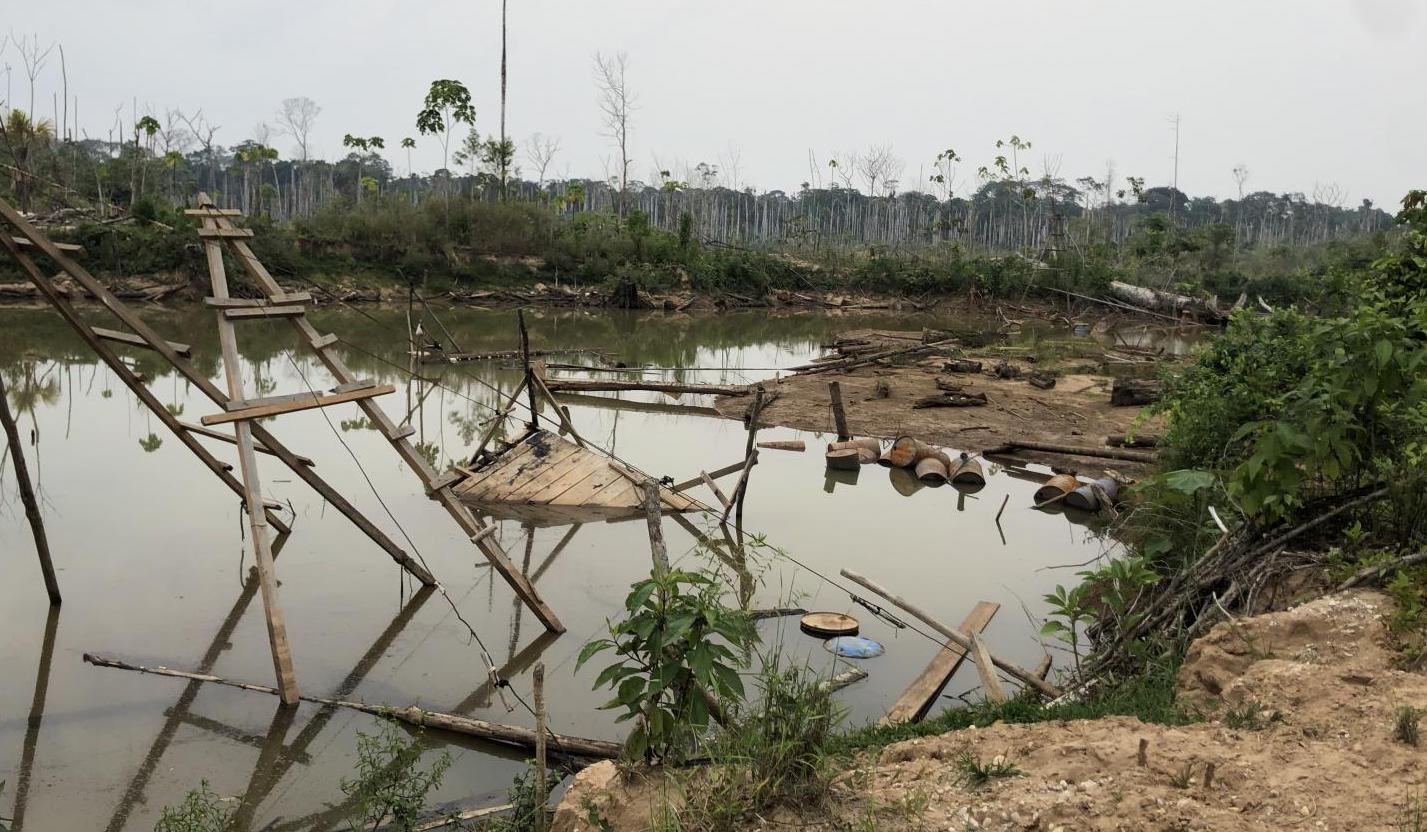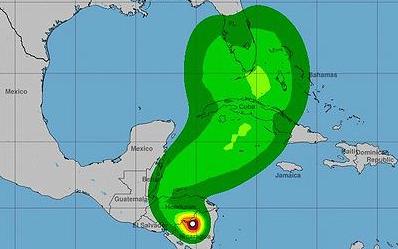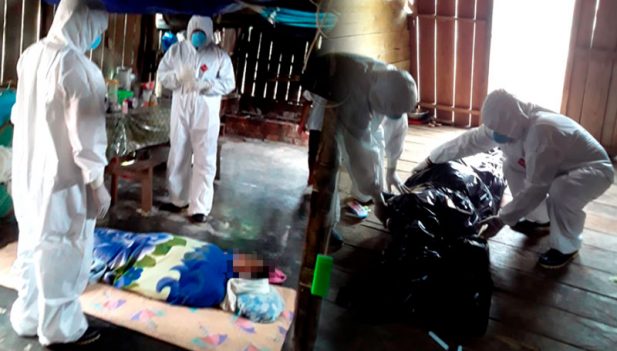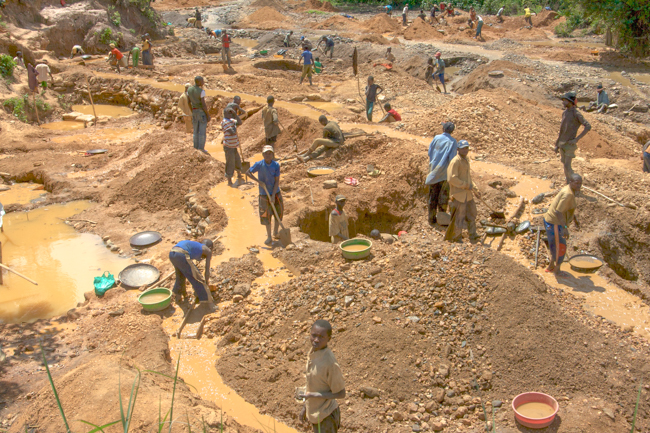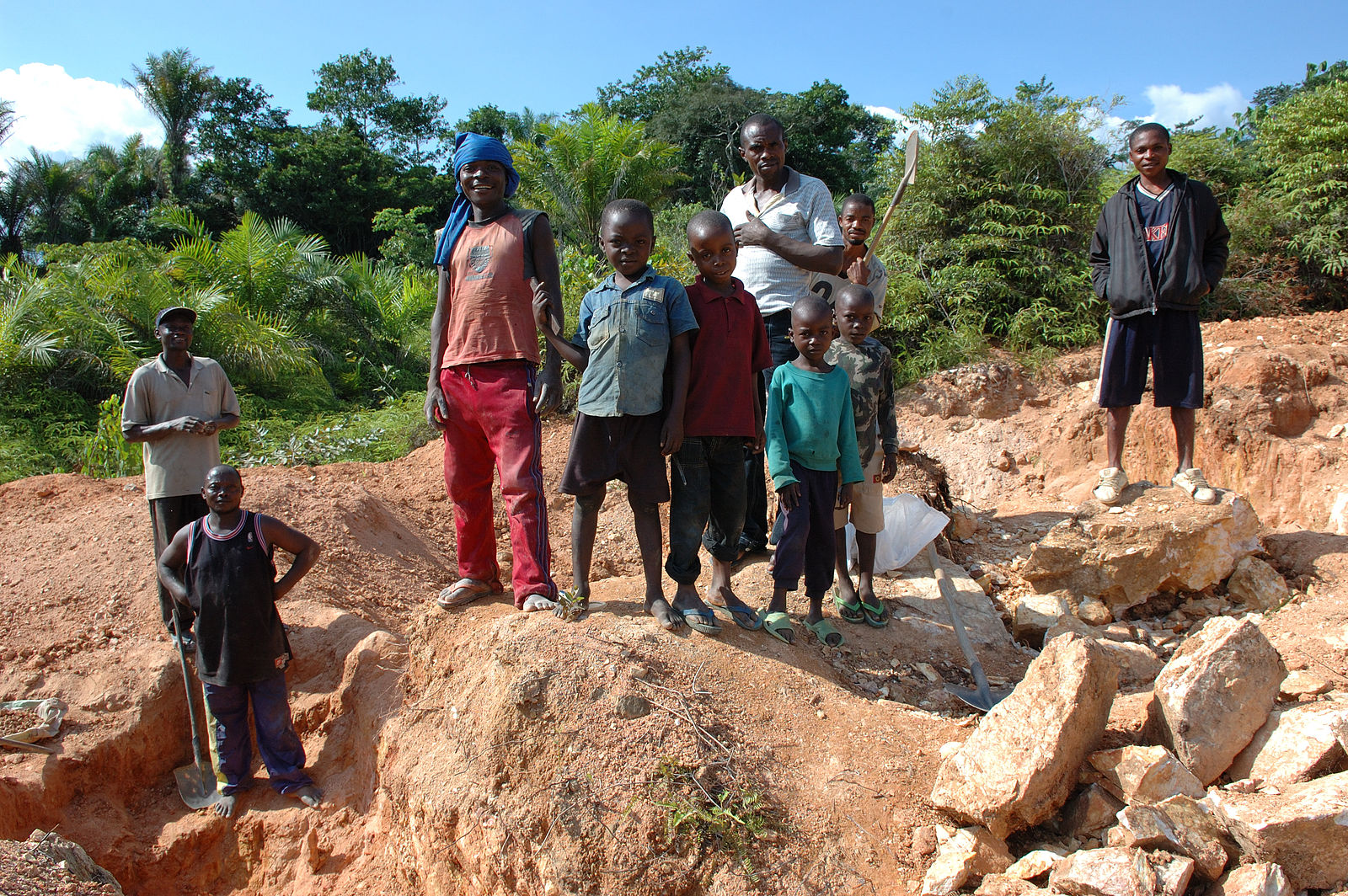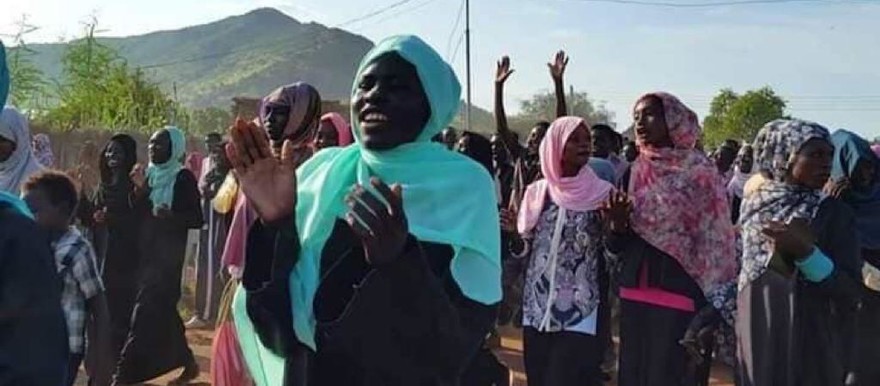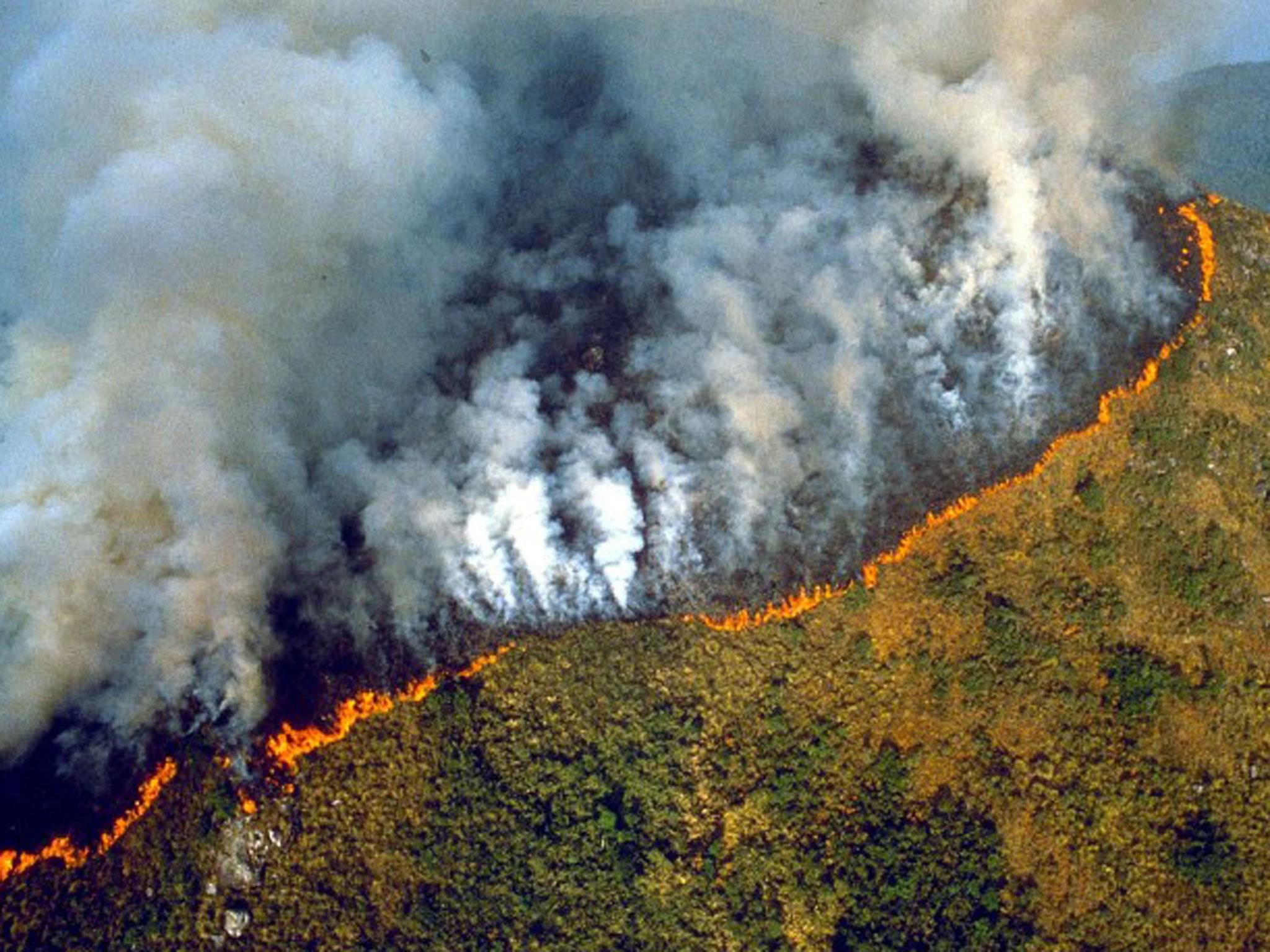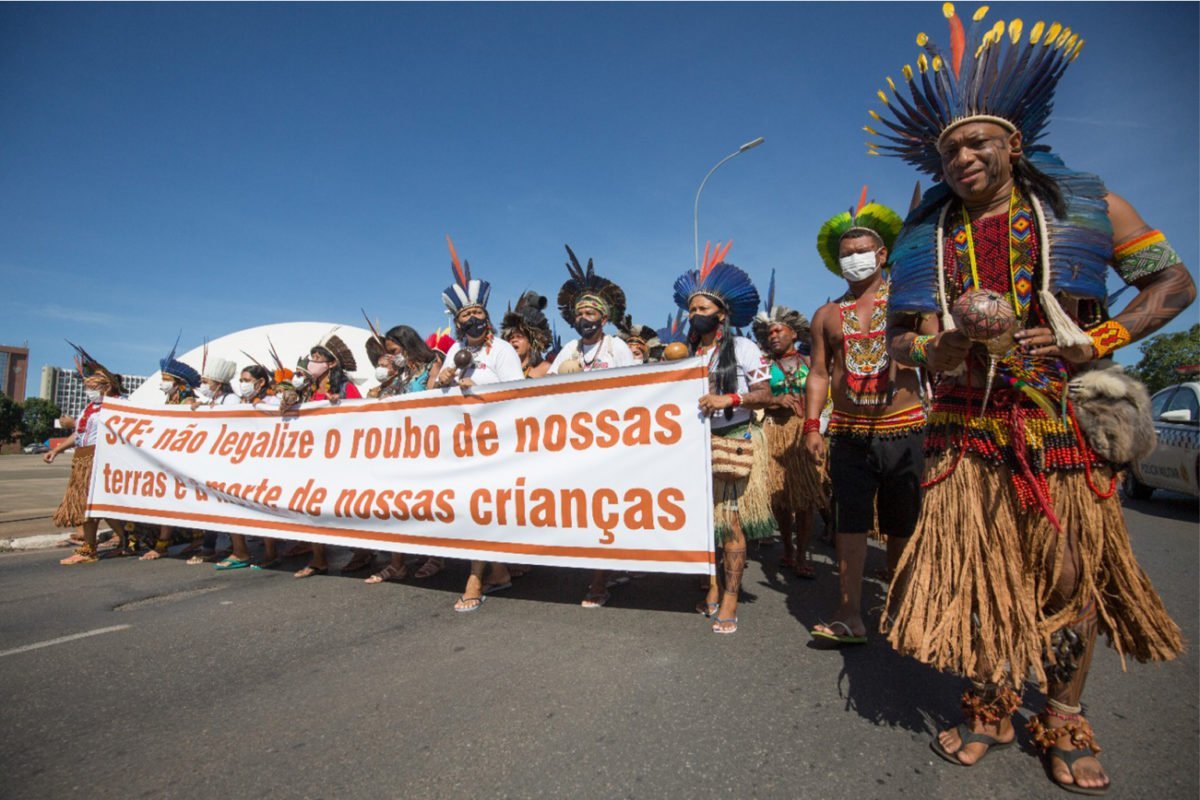
Brazil: bill to open indigenous reserves to mining
Under the slogan “Ato Pela Terra” (Stand for the Earth), thousands of protesters, including some 150 indigenous leaders from eight ethnic groups, gathered for the biggest environmentalist demonstration ever held in Brazil’s capital, protesting a series of bills dubbed the “death package” by critics. The package being pushed by President Jair Bolsonaro would open indigenous reserves to a wide range of economic activities, including mineral exploitation. This measure, assailed as unconstitutional, is actually opposed by the Brazilian Mining Institute (IBRAM), which issued a statement calling it “inappropriate” and warning that it would give legal cover to informal “garimpo” mining in the Amazon rainforest. But Bolsonaro maintains the measure is mandated by the Ukraine war, which has threatened supplies of strategic minerals, including the key fertilizer ingredient potassium. Brazil, the world’s top soy producer, imports 80% of its fertilizer—20% from Russia, its biggest supplier. (Photo via Twitter)



